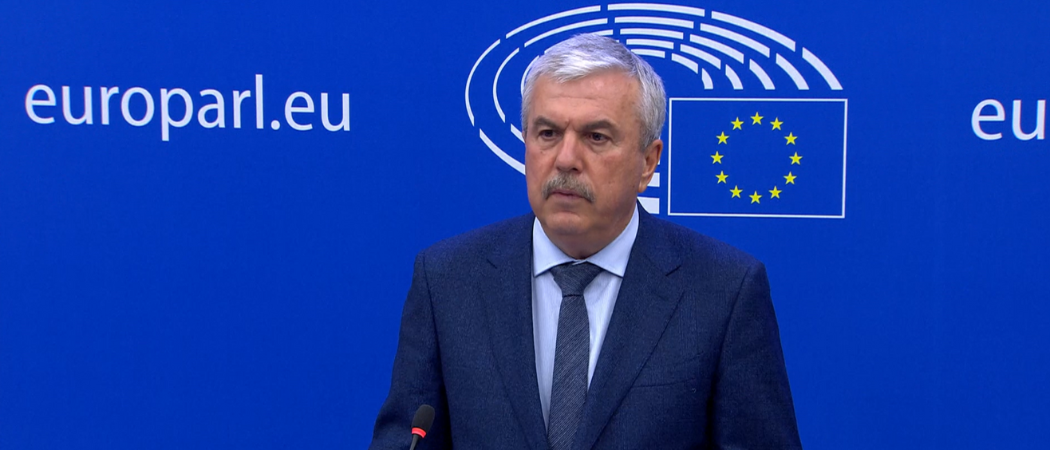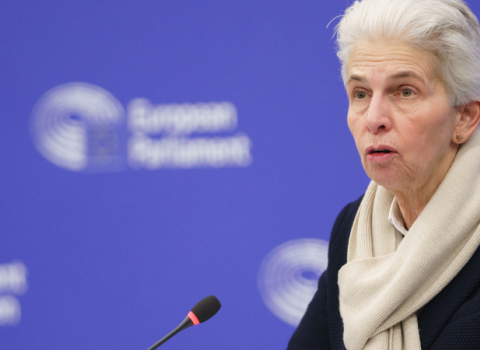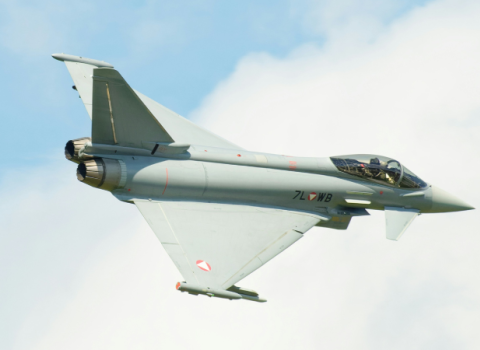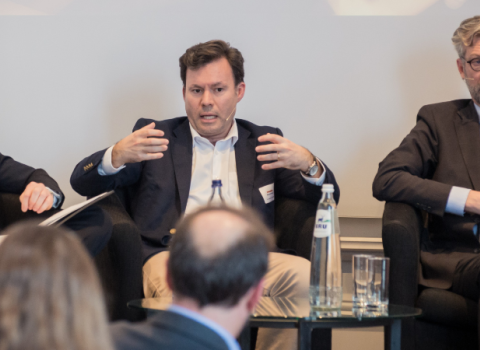Romanian MEPs on the research and industry committee say the European Defence Fund should allocate grants more evenly across member states

Romanian MEP Dan Nica. Photo: Screenshot / European Union
The newly established European Defence Fund (EDF) should distribute grant money in all corners of the EU and not just in a few countries with strong military industries, Romanian MEP Dan Nica told a meeting of the Parliament’s industry and research committee (ITRE) on Wednesday.
“We underline the importance of ensuring the geographical balance of project participants in consortia,” Nica said during a debate with the European Court of Auditors (ECA).
The Commission should draw up new implementation rules for the EDF so that more projects are spread outside those countries that have a long tradition in the defence industry, such as France, Italy and Sweden, said Nica. “The war in Ukraine is at the eastern border of Europe and not so much in Brussels,” he said.
Nica was speaking in response to the results of an audit published in April on the performance of the €90 million preparatory action on defence research (PADR) programme. This ran from 2017 - 2020 to prepare the ground for EDF, which is an unprecedented attempt by the EU to enable research and industry to cooperate in defence technologies.
The audit, presented by ECA member Viorel Ștefan, showed coordinators and participants in PADR were concentrated in the handful of member states that already have large defence industries, including France, Germany, Italy, Spain and Sweden. Combinations of the same companies took part in several projects.
In their report, the auditors focused on another aspect, which was that projects did not start with a plan for the subsequent channelling of research outputs into production and procurement. To address this, the European Commission needs to set a long-term strategy for defence R&D, to ensure technologies developed with EU money are deployed by member states and the defence industry, the auditors said.
However, Nica suggested the Commission also needs to facilitate access to calls for participants from all member states, and also to simplify the implementation of EDF funding rounds.
“The fact that project coordinators and project participants are concentrated in member states that have large defence industries is questionable; the independent experts used for the evaluation are concentrated in, guess what, the very same countries; the same combination of companies are […] in several projects, so business as usual,” said Nica.
At one level this is understandable: the nature of international scientific cooperation means consortia are more easily established between research institutions, public or private, that have a history of cooperation.
While he acknowledge that cooperation between countries with a strong defence industry should be encouraged, another Romanian MEP, ITRE chair Cristian Bușoi, said the EDF should have a “dimension of widening” in eastern European countries.
Christine Bernard, head of unit at the Commission’s directorate general for defence and space, rebutted the claims of uneven geographical participation in EDF, saying EDF has invested more than €2 billion over the first two years of the programme in projects that include 26 member states.
It’s not the first time Nica has advocated for a more even distribution of EU research funds. A few years ago during negotiations for Horizon Europe, he suggested the EU should stop funding sensitive research projects outside the bloc and focus on ensuring that EU research funds are used for reducing the innovation gap between rich and poor member states.
Last year, Nica proposed that the new Chips Act should have “a clear added value for all the member states”.





 A unique international forum for public research organisations and companies to connect their external engagement with strategic interests around their R&D system.
A unique international forum for public research organisations and companies to connect their external engagement with strategic interests around their R&D system.